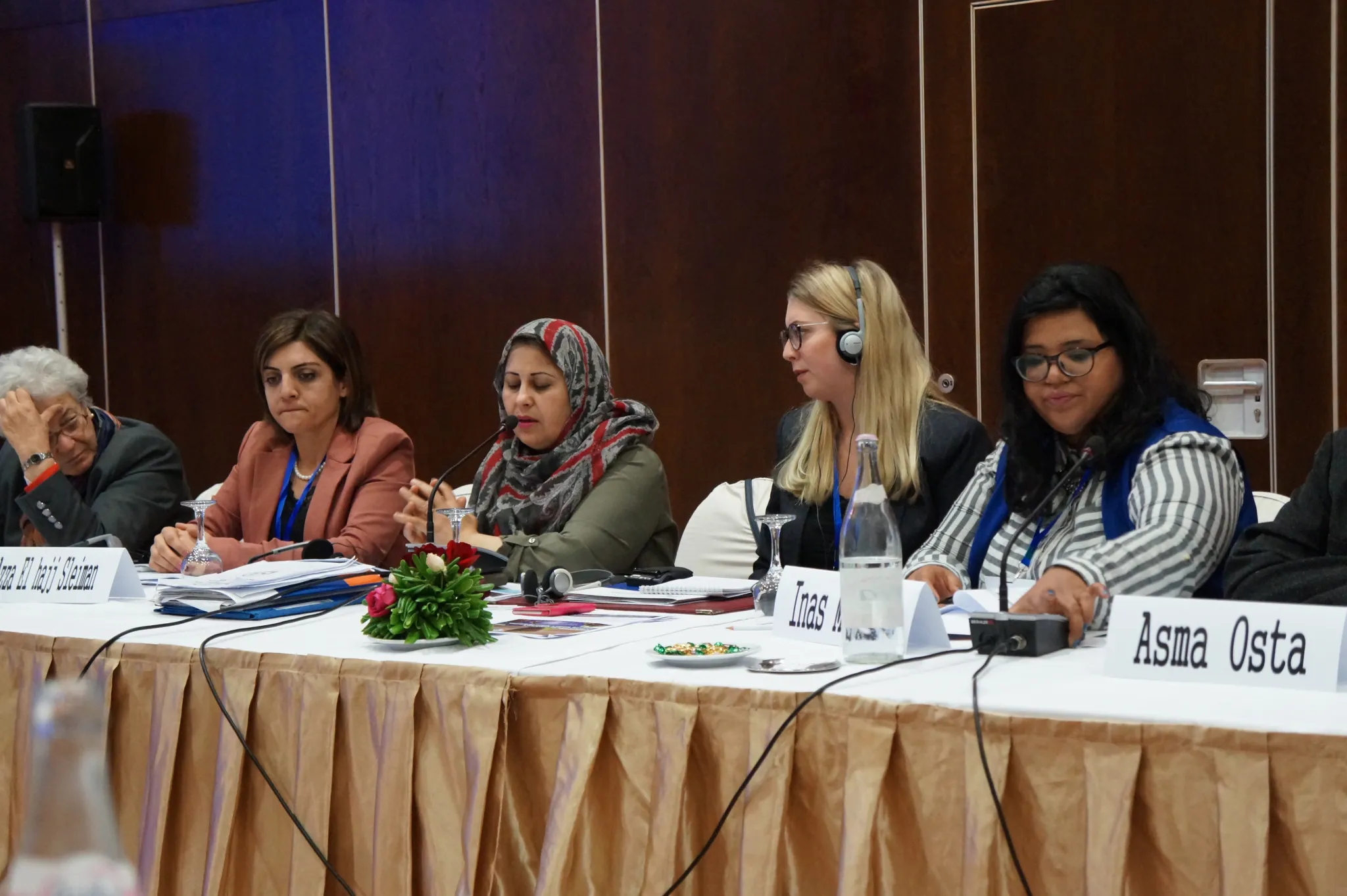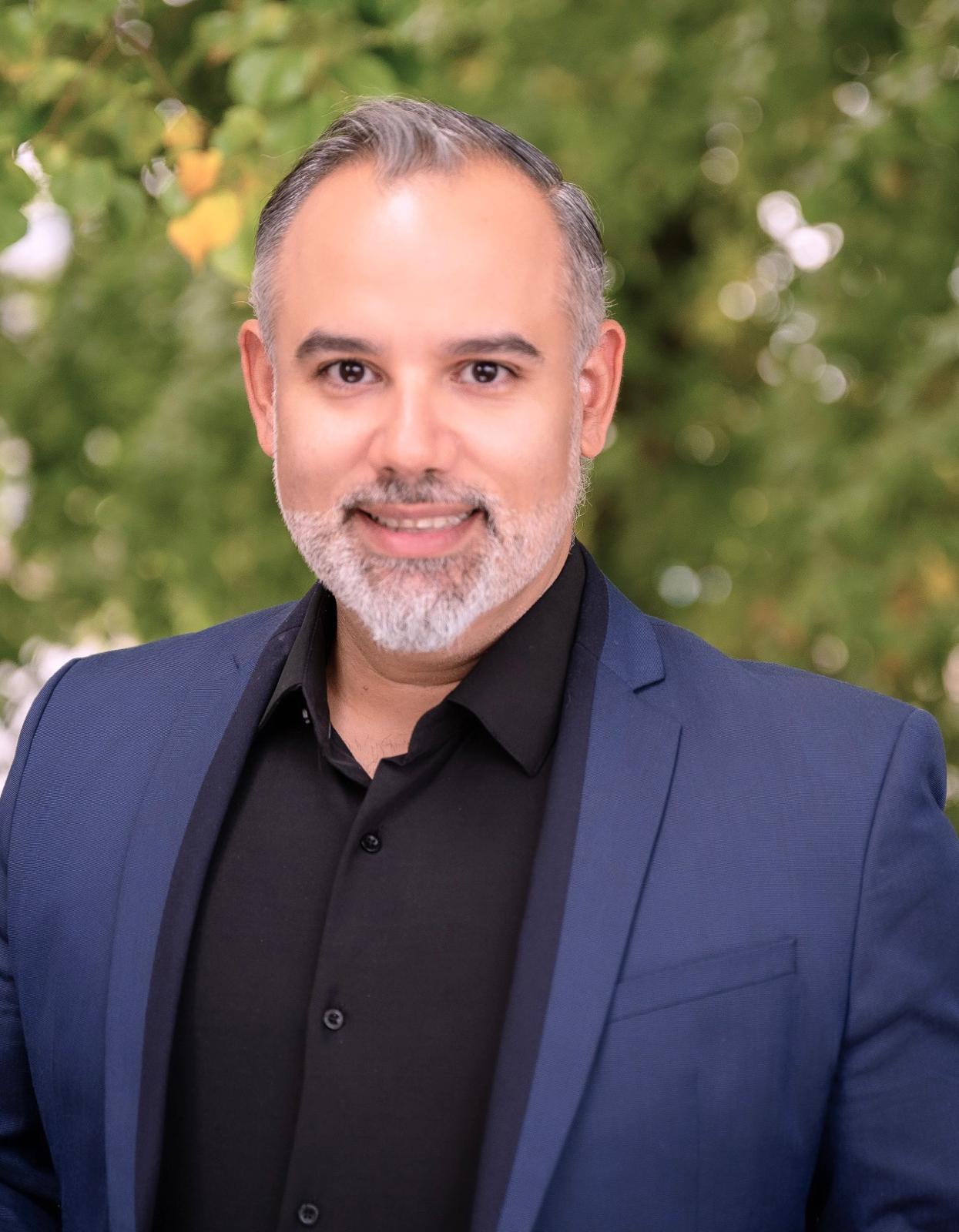Gender Equality and Political Empowerment of Women: A discussion on the trends in the Middle East and North Africa Region

International IDEA, the Community of Democracies and the United Nations Development Programme-UNDP held the MENA region Consultation on Gender Equality and Political Empowerment of Women, in Tunis, on 12 April 2017. This Consultation was attended by government officials, regional governmental organisations and civil society organisations, experts, practitioners and academics from Algeria, Bahrain, Egypt, Jordan, Lebanon, Libya, Morocco and Tunisia. This Consultation was possible thanks to a generous contribution from the European Commission.
This Consultation was an opportunity to bring together key stakeholders to discuss the main challenges, opportunities and successes in the advancement of the gender equality and political empowerment of women agenda in the Middle East and North Africa region.
During the consultations, participants highlighted the following considerations about the broader theme of this consultation:
- Women in the MENA region have move forward in terms of their participation in the political life. However, the challenges continue in face to the perpetuation of gender stereotypes that favour men as political leader in the region. This is reflected in the percentage of women in high political positions and parliaments, which still remain below the world's average.
- Joining efforts to enhance the capacity at the regional level and provide proper education to women is needed in the MENA region to achieve higher quality in terms of the participation of women in politics. The current trend is that women that reach political positions in the region have ties to male political leaders that endorse their campaigns, and these women often are victims of harassment, as they do not have the necessary tools to succeed in an environment dominated by male peers.
- There is a need to develop a strong regional organisation that has the capacity to incorporate global legal and policy instruments to regional initiatives based on the global mechanisms. More importantly, these organisation needs to have the capacity to inform and work with its Member States in the "nationalization" of higher gender equality standards.
- Legal and policy instruments should be established in the MENA region to foster equality based on quality and not quantity. The quota system is effective to increase women's political participation in some countries in the region. However, the system comes with relevant limitations to independent candidates or candidates with limited access to resources.
The opening session of the MENA Consultation was led by the Secretary General of the Community of Democracies, Maria Leissner, the Programme Manager of International IDEA/Tunis Office, Shana Kaiser, the Programme Specialist on Gender at UNDP/ Tunis, Eduardo Lopez-Mancisidor, and a representative of the League of Arab States, Zouhair Zouari. The Consultation had relevant presentations on the topic by the UNDP gender specialist, Eduardo Lopez-Mancisidor, the representative of the UN Economic and Social Commission of Western Asia (ESCWA,) Ameena Al Rasheed, the Minister for Women Affairs of Libya, Asma Osta, and the founder of the Tamazight Women's Movement, Inas Miloud.
The MENA Region Consultation on Gender Equality and Political Participation of Women is the fourth meeting held as part of a joint initiative between International IDEA, the Community of Democracies and UNDP, which has the purpose of analyzing legal and policy instruments in place around the topic at hand, gathering the views of key stakeholders on the effective implementation of such instruments, understanding the main challenges and opportunities in each region, and developing policy recommendations for the way forward.
The results of the MENA Region Consultation will be incorporated in the Gender Policy Guidebook on Gender Equality, developed by International IDEA, with the input of the regional organizations that are part of the Inter-Regional Dialogue on Democracy, and that will be published at the of 2017.




